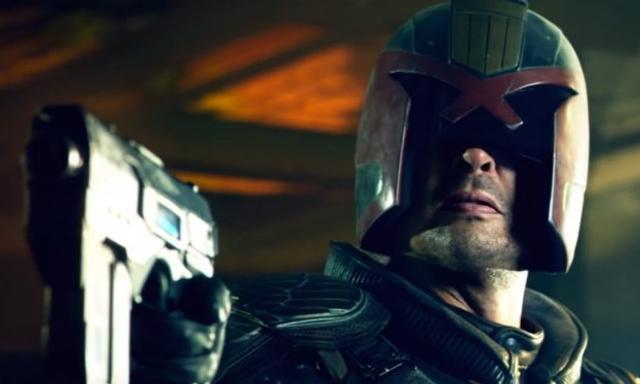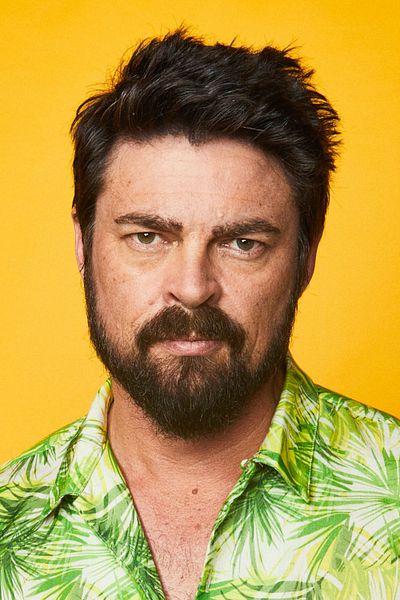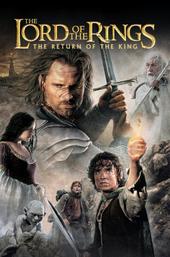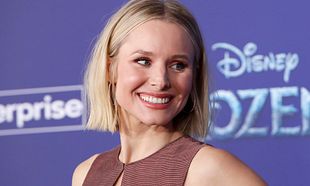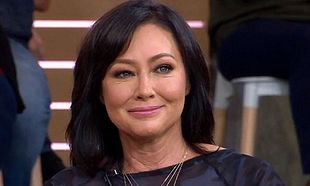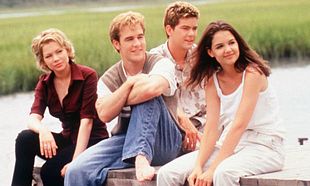2012's Dredd, starring Karl Urban, Olivia Thirlby and Lena Headey, flew under the radar when it arrived in cinemas.
It received no press screening here in Ireland and was gone from cinemas pretty quickly. It was much the same in both England, the US, Canada and all the major territories across the globe. On a budget of $30 million, Dredd recouped a total of $41.5 million. Critical reception was varied. US newspaper critics roundly slammed the film, whereas those from online outlets responded hugely to its black comedy, its frequent violence and the complex nature of the film's protagonist. The film has since gained a cult following and, naturally enough, there's been calls for a sequel. For all these positives, it's clear that a sequel just isn't going to happen any time soon.
Nor should it.
The best possible way Dredd could continue is through a TV series. In a way, it's absolutely perfect for a television series on, say, Netflix or Amazon Prime. For one thing, its frequent use of violence and expletive language means that it'll never fly on mainstream television. To try and dull down the bleak nature of the world of Mega-City One is to blunt the thing entirely. The two go hand-in-hand. Casual violence is a part of Dredd's world, so why should that be sacrificed? This isn't just simple thirst for gore on screen, it serves as a reminder than in Judge Dredd's world, violence is as much a part of the world as is the black-and-white nature of the justice system itself.
Let's look at the film. It was a wholly contained story set across ninety-odd minutes. We're introduced to the world of Mega-City One, Judge Dredd, Judge Anderson, the various exigencies for brutal force by the Judges and just how hopeless their situation is. The story then goes into a tightly-wound siege thriller that unfortunately had a strong resemblance to Gareth Evans' The Raid, even though Dredd was written and in production a few months before The Raid. The similarities between the two films are, ultimately, superficial. Dredd was a completely different beast to The Raid, blending Verhoeven-esque satire with Carpenter's sparse narrative and flashes of Eastwood and Peckinpah.
Looking back on Dredd, it's clear that director Pete Travis and writer Alex Garland were setting the film up as a franchise - but was doing it in a much smarter way. He wasn't making allusions to a further story or even to the characters themselves. It was a self-contained story, but there was a sense that there was a much bigger world out there to see, much like John Wick in 2015. However, since then, it's more that Dredd feels like an extended pilot for a TV series than anything else. It does all the necessary groundwork and there's a wealth of stories to follow on from it. Not only did it introduce the characters, it showed us that there was so much more out there. If Dredd was to continue as a film franchise, it would have undoubtedly had to compromise on its vision. With a TV series, there's no need. In fact, the likes of Daredevil and Jessica Jones has shown that you can make an adult-orientated comic-book series and not pander to a wider audience for the sake of viewing figures.
Even in terms of how Pete Travis filmed Dredd, it could very easily translate to a workable TV series. The sets in Dredd felt realistic and weren't overly built with a futuristic theme. That cuts down on production design. The use of 3D and slow-motion effects were specific to the story and could be easily eschewed for the series. With regards to casting, it's clear that Karl Urban and Olivia Thirlby would be up for being involved with the series. Urban, in particular, has been quite vocal about wanting to take on the role again. As for a villain, there's a huge gallery of characters that could be taken from the comic-book series.
Hell, they could do a villain of the week and it'd still work.
A TV series of Dredd has the potential to have the same cultural impact as the aforementioned Daredevil and Jessica Jones. Both of those characters, Jones especially, weren't that well-known with mainstream audiences. Daredevil, sure, there was the movie with Ben Affleck, but how long ago was that? With Dredd, they've already got a cult following and with a TV series and a major provider like Netflix behind it, there's a real chance it could turn into something big. The only thing standing in the way of Netflix taking on Dredd would be its cosy relationship with Marvel. As the original Dredd featured on 2000AD Comics - not a Marvel comic - and is currently owned by Rebellion Developments, there's a chance that Netflix may not want to rock the applecart and put a competing comic-book series in there. Whatever happens, one thing is for sure - we're all losing out by not giving Dredd a second chance. The character is so rich in history and such a divergence from comic-book characters nowadays that there needs to be something different.
Dredd is different and we need different nowadays.
